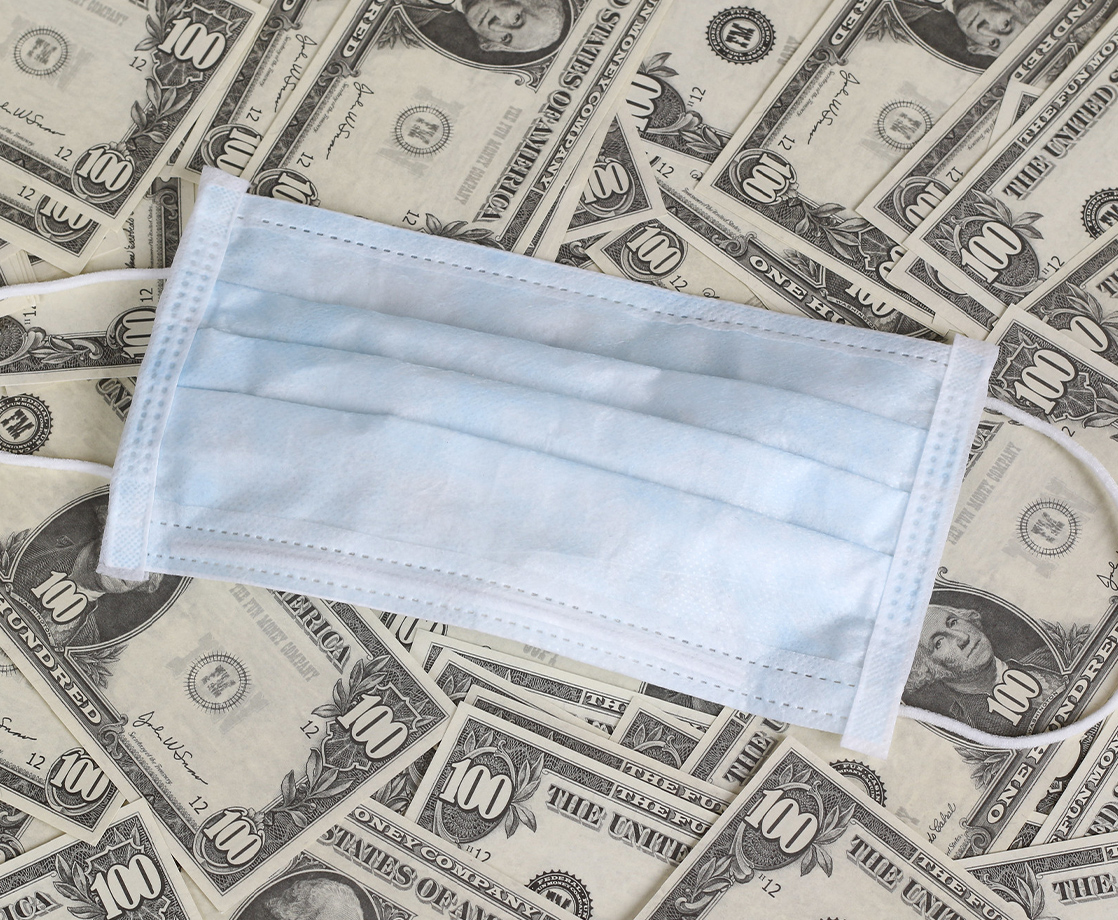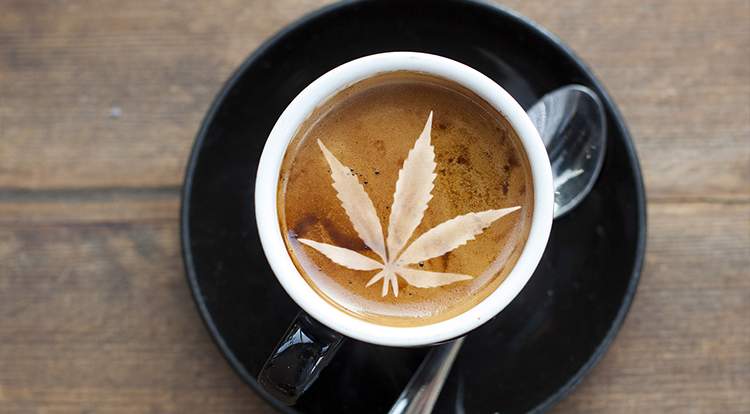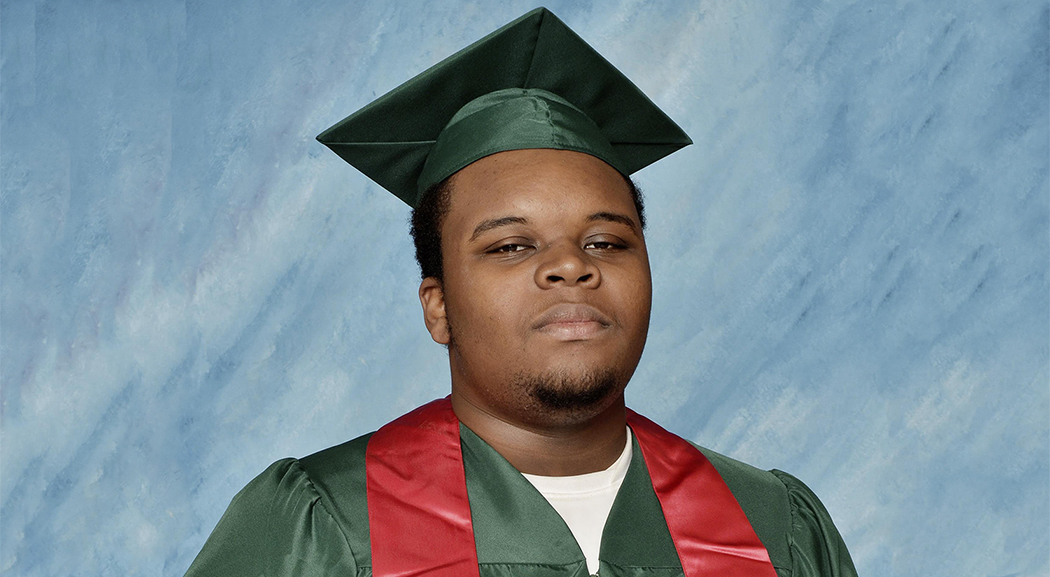The US government, which spearheaded global pot prohibition through international treaties in the ‘70s, may be secretly trying to figure out how to deal with the inevitable legalization of weed, a leaked document purportedly shows.
The document, obtained by Marijuana Moment, does not identify which federal agency wrote it, nor does it include a date or a recipient. Marijuana Moment tried to verify the document’s authenticity with the US State Department, but no officials at the agency responded to comment.
If the document’s contents are legitimate, however, it could signal that the US government is finally giving up on keeping weed outlawed under the nation’s most restrictive category, Schedule I. Instead, the government may be working on ways to adapt to both state-wide legalization programs, as well as the UN’s suspected upcoming proposal to reschedule or deschedule marijuana altogether.
Last year, the UN’s World Health Organization (WHO) suggested that weed should be rescheduled worldwide given all of the new scientific evidence that cannabis not only possesses medicinal properties, but that’s it’s relatively safe to consume, too. In the ‘70s, dozens of countries signed an international treaty, the 1961 Single Convention, which established harsh legal punishments for selling, manufacturing, or possessing illicit drugs. The treaty also created obstacles for academic and medical research into cannabis, which the US DEA, NIDA, and FDA continue to cite as reasons for obstructing scientific investigations into the plant.
Furthermore, the document claims that if the UN changes its marijuana policies, the move could thrust the American cannabis legalization movement into an unstoppable surge.
“It is possible that civil society, the media, and the general public will view deleting cannabis” from the UN’s most restrictive drug category “as a first step toward widespread legalization of marijuana use, especially without proper messaging,” the document stated.
While the feds are probably correct — assuming this document is real — others are not convinced that the UN’s rescheduling of cannabis would necessarily trigger legalization initiatives anywhere, including the US.
“These recommendations — even if we passed them all as they’re presented — would not take us any step closer to legalization,” Michael Krawitz, a military veteran and cannabis advocate, told Marijuana Moment. “It is not a step toward legalization, it’s a step toward rectifying an issue in the treaty. This is all about correcting the record, removing some of the misinformation that was in the record on cannabis.”
The document, surprisingly enough, lists more pros than cons toward adopting the UN’s weed recommendations. However, as Krawitz noted, the document doesn’t indicate that the feds are considering outright weed legalization, either. Instead, the document suggests ideas for falling in line with the treaty revisions, such as moving marijuana or marijuana products from Schedule I to Schedule IV or V, or lifting restrictions on cannabis research so American scientists aren’t wholly dependent on the DEA’s shitty weed.
Regardless of the document’s authenticity, both Democrats and Republicans have signaled that they’re ready to reform the nation’s cannabis laws. A bipartisan effort got hemp legalized nationwide under the 2018 Farm Bill. Currently, House Democrats may soon vote on the MORE Act, which would legalize marijuana at the federal level and create expungement and social equity programs for those victimized by the nation’s War on Drugs.
President Trump’s administration has taken wishy-washy stances on cannabis legalization, though the Republican head of state said in 2016 that he supports medical marijuana. In 2018, he said he would sign a federal legalization bill if both arms of the US Congress approved it.











